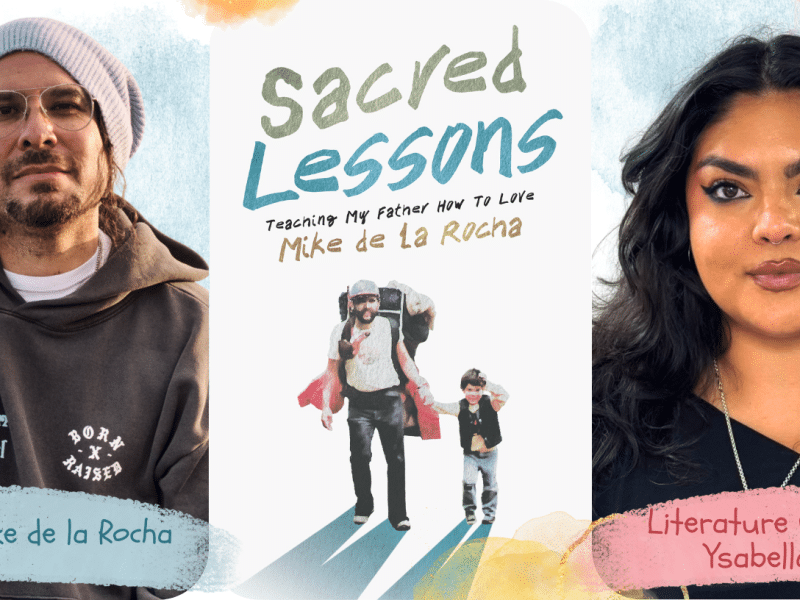DaniLeigh and the Controversy Behind “Yellow Bone”
If you’ve spent some time on Twitter lately, you might have seen some of the recent controversy surrounding Dominican singer DaniLeigh for the snippet she posted on her Instagram account promoting her upcoming single “Yellow Bone”.

If you’ve spent some time on Twitter lately, you might have seen some of the recent controversy surrounding Dominican singer DaniLeigh for the snippet she posted on her Instagram account promoting her upcoming single “Yellow Bone”. In case you’re not familiar with the term, “yellow bone” is a term used to refer to light skinned Black people or just a light skinned woman in general.
Singer DaniLeigh double downs on her decision to release the track for her “light skinned baddies” and explains that there are songs for all kinds of women so her anthem was one for women like her. The problem with this defense is that being a light-skinned woman is already celebrated and seen as something to aspire to due to its proximity to whiteness.
The singer also backtracked on her initial statement in a video on Twitter, saying that she couldn’t be colorist as she is currently dating a Black man (rapper DaBaby). The tone-deafness of this statement was significantly diminished by her lack of awareness surrounding white privilege in the Latinx community.
We’re not buying what you’re selling, DaniLeigh. Having “melanin friends” isn’t a pass to create exclusionary “art” that reinforces harmful colorist narratives and beliefs.
As Latinas, we have a responsibility to acknowledge white privilege in our community while advocating for our Black hermanas. We can’t continue to create and support environments that appropriate Black culture for personal/professional gain. Glorifying light skinned Latinas as if there was some lack of representation in the media is not only tone-deaf, but it also hurts the strides being made in normalizing non-Eurocentric beauty standards.




